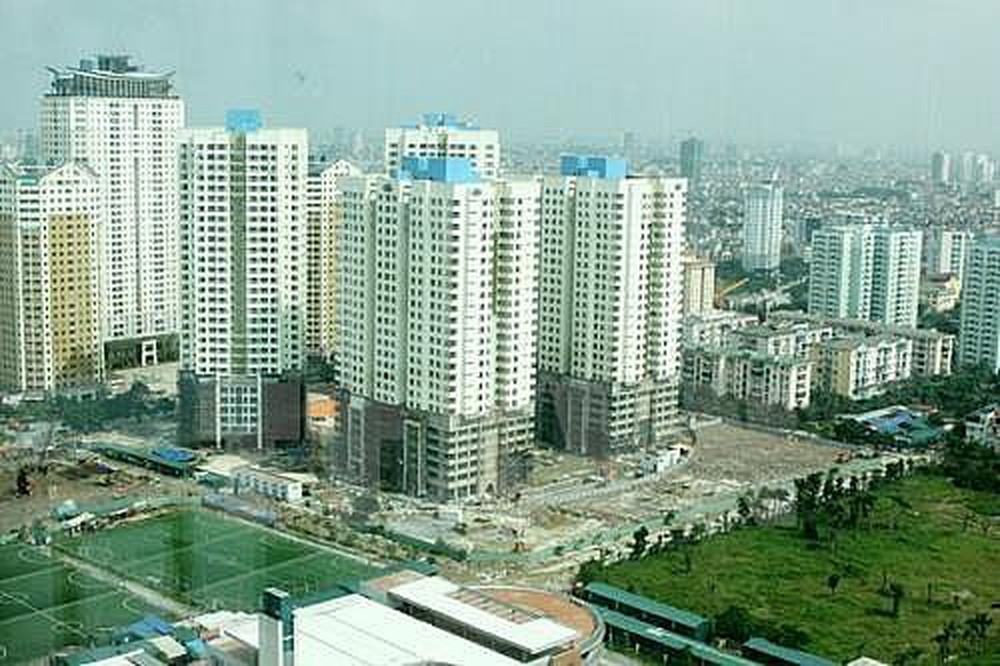
Loans have been provided to appropriate projects. Banks did not hesitate to pour capital into projects that had been appraised carefully, Hung added.
Dr. Do Thien Anh Tuan, a lecturer at Fulbright University Vietnam, said on the sidelines of a seminar on credit for the real estate sector, held in HCMC on January 7, that the property credit growth in 2019 was positive as capital flows into the risky sector were controlled.
However, many experts have expressed concern over the shelter of real estate credit under consumer loans for buying, renting or repairing houses. These consumer loans were considered to be low risk ventures, especially those used for buying houses or apartments valued at under VND2 billion each.
In addition, they wondered if loans used for buying condotels would be loans for a real estate business or consumer loans.
Property firms have mobilized capital from the corporate bond market. In January-November last year, these firms raised over VND71.3 trillion from corporate bond sales, accounting for 34.5% of the total corporate bond value and equivalent to 15.4% of the outstanding loans for the real estate business in 2018, according to SSI Securities Corporation.
Since early last year, the State Bank of Vietnam has repeatedly warned banks of risks associated with lending activities. The central bank has also issued multiple circulars with regulations on lending, as well as a plan to restrict commercial banks from using short-term capital to offer mid- and long-term loans to homebuyers and increase the risk factor of real estate loans.
According to Rong Viet Securities Corporation, the growth in credit for the real estate sector will drop in the coming months due to new policies to further restrict loans for this sector.
Meanwhile, Tuan from Fulbright University Vietnam said that banks are still willing to inject capital into profitable property projects if investors can bypass obstacles in legal procedures for their projects.
A representative of the central bank confirmed that it wants to control rather than ban lending to risky sectors. However, banks should ensure the security of capital flows in these sectors.


















